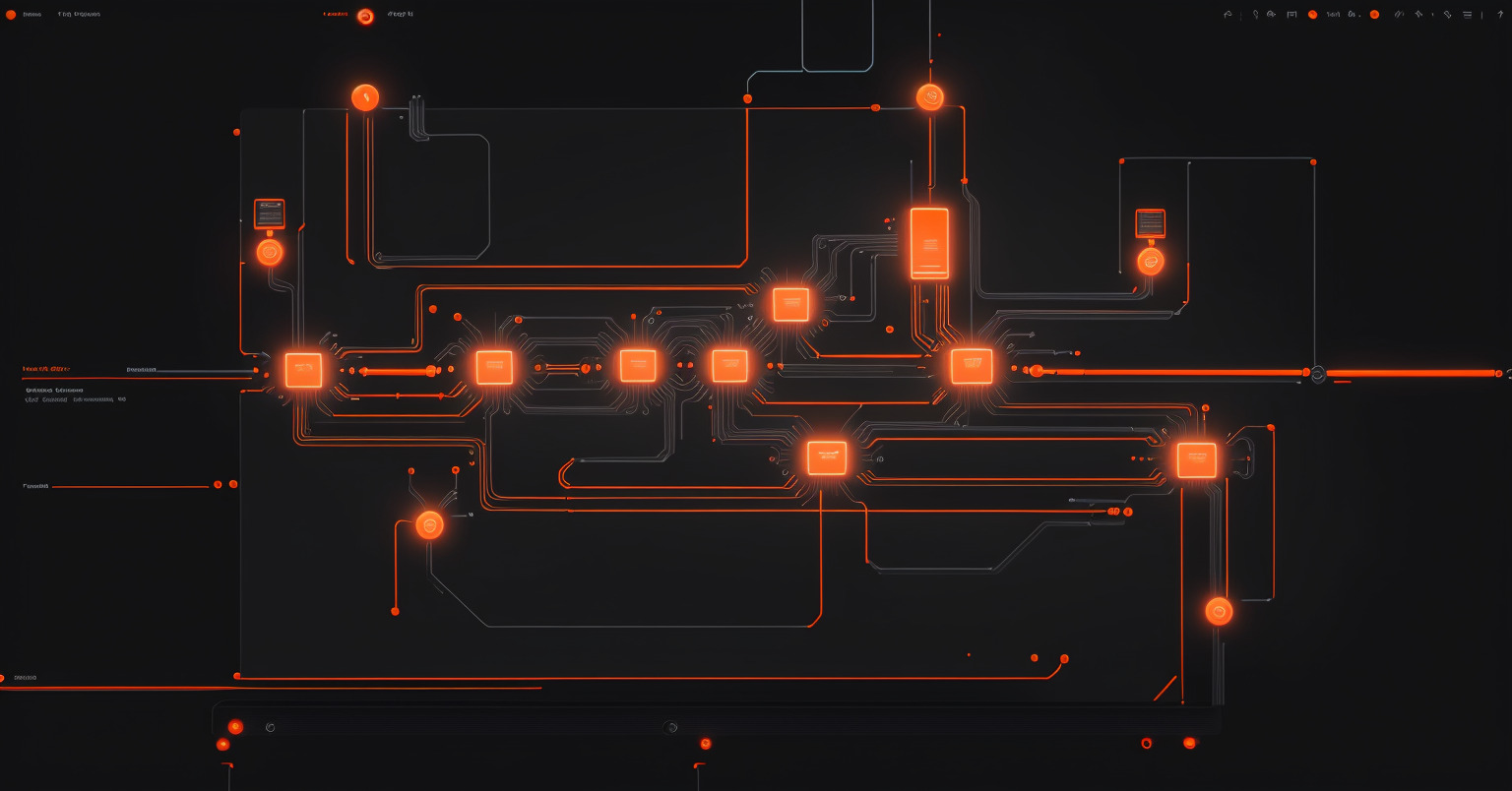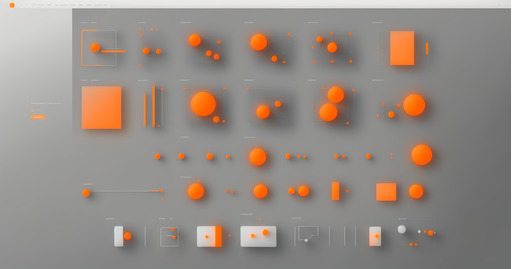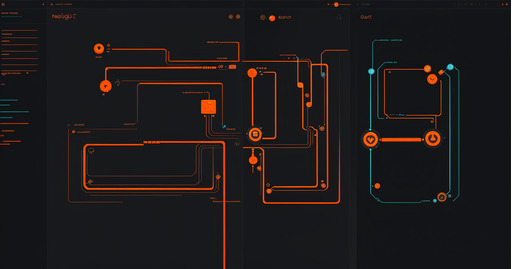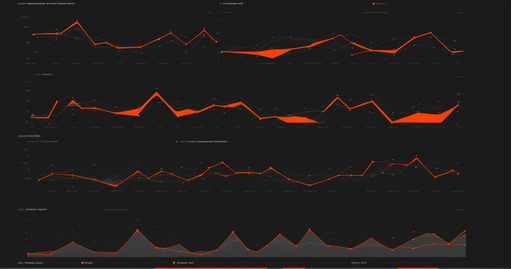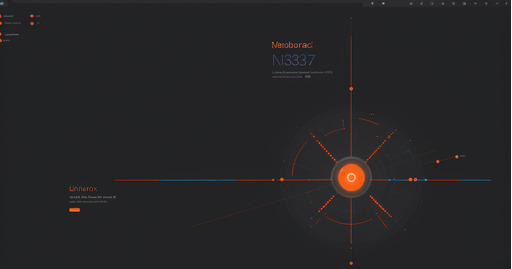AI-Powered Automation Is Redefining the Modern Workplace: Artificial Intelligence is no longer just a buzzword, it has become a foundational part of how modern workplaces function. From automating repetitive data entry tasks to handling customer queries through AI chatbots, businesses are seeing a shift in daily operations. AI tools can now analyze documents, schedule meetings, and even write reports. This has allowed employees to step away from routine tasks and focus on strategic decision-making, creativity, and collaboration. As organizations adopt AI-driven platforms, they are also rethinking job descriptions, reshaping team structures, and unlocking new levels of productivity.
The Rise of Intelligent Workflows Across Departments: Intelligent workflows powered by AI are streamlining processes across departments like HR, finance, marketing, and IT. Instead of working in silos, systems are becoming more integrated, with AI acting as the connective tissue between tools and platforms. For example, an AI engine can detect anomalies in accounting software, auto-generate invoices, and trigger alerts. In HR, it can screen resumes, schedule interviews, and predict employee turnover. These workflows are not just faster, they’re smarter, continuously learning from data to improve future decisions. This dynamic shift allows businesses to operate with greater agility and precision.
How Jobs Are Evolving, Not Disappearing: There’s a common fear that AI and automation will eliminate jobs, but in reality, they are transforming them. While repetitive roles may shrink, new opportunities are emerging in AI management, data analysis, digital strategy, and cross-functional collaboration. Employees are being upskilled to use AI tools, interpret data insights, and co-work with smart systems. Creative and human-centered skills like critical thinking, storytelling, empathy, and leadership are becoming even more valuable. Rather than replacing people, AI is becoming a collaborative assistant that supports smarter, faster decision-making across industries.
Boosting Productivity Through Personalized AI Tools: AI is helping professionals achieve more by delivering personalized, context-aware assistance. Tools like AI writing assistants, smart calendars, predictive analytics dashboards, and voice-powered interfaces are becoming common in modern workplaces. These tools adapt to each user’s behavior, suggesting the best times to focus, automating email responses, or flagging important trends in large datasets. For remote or hybrid teams, AI also facilitates smoother communication, time tracking, and performance monitoring. This tailored productivity support reduces burnout and helps individuals work in smarter, not harder, ways.
Preparing for an AI-Driven Future: Skills and Strategy: To thrive in the future of work, organizations must adopt a dual strategy: embracing AI technologies and preparing their workforce through training and culture shifts. This involves more than just technical skills, it’s about building digital literacy, adaptability, and a growth mindset. Companies need to reskill teams, integrate AI into workflows thoughtfully, and communicate the value of automation in enabling better work, not replacing it. Transparent leadership and ethical AI practices also matter. When done right, this transition can create a workplace that is more inclusive, resilient, and innovative.
